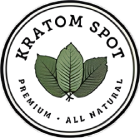
Buying Kratom in Bulk: What You Need to Know May 2025 By: The Kratom Spot Team Buying in bulk isn’t just for businesses any more. There’s a reason why retailers like Costco and Smart & Final are so popular. Buying in bulk gives consumers the opportunity to stock up on everyday staples at wholesale prices….
 May 14, 2025
May 14, 2025

How Much Kratom Should I Take? A Guide to Kratom Dosing April 2025 By: The Kratom Spot Team Kratom provides numerous wellness benefits. However, like many botanicals, there’s a lot of misinformation about kratom. Many new users have difficulty cutting through the noise and finding answers they need. One of the most common questions about…
 April 30, 2025
April 30, 2025

How to Spot Fake or Low-Quality Kratom April 2025 By: The Kratom Spot Team Kratom is an all-natural herbal product used by millions of people worldwide. Like most supplements, it isn’t federally regulated in the United States. That’s why it’s vital to learn how to spot fake kratom as well as low-quality products. The best…
 April 21, 2025
April 21, 2025
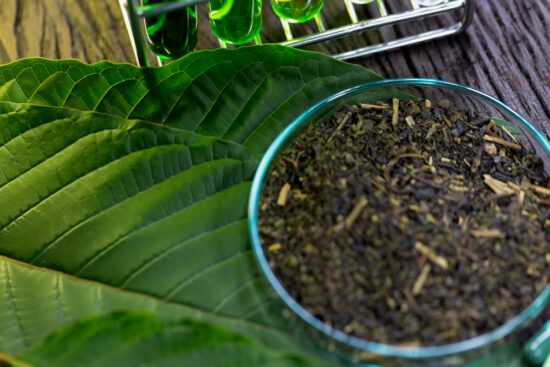
What is Trainwreck Kratom? April 2025 By: The Kratom Spot Team Today, kratom blends are increasingly popular. They combine different strains of kratom to induce a wide array of unique effects, allowing users to customize their kratom experience. When it comes to kratom blends, one of the most sought-after is called Trainwreck Kratom. While the…
 April 12, 2025
April 12, 2025

How to Prepare Kratom as a Tea, Powder, Capsules, and More March 2025 By: The Kratom Spot Team Wondering how to prepare kratom? You’ve come to the right place! One of the best things about kratom is its versatility. From powders and capsules to teas and tinctures, there are many ways to prepare kratom to…
 March 26, 2025
March 26, 2025
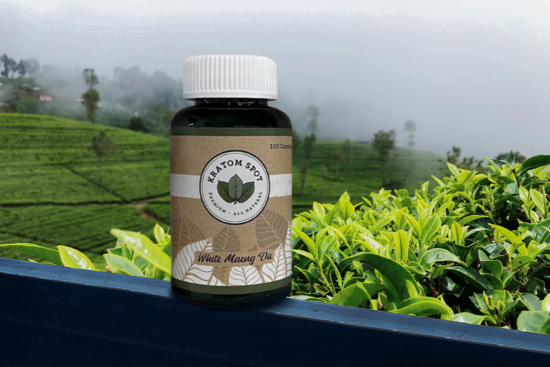
The Ultimate Guide to White Kratom March 2025 By: The Kratom Spot Team Rise and shine with white vein kratom! If kratom strains were people, white vein would be that friend who jumps out of bed at 6 AM, runs a 5K before work, and still has energy to spare. White strains provide clean, steady…
 March 14, 2025
March 14, 2025

Is the American Kratom Association legit? It’s a common question, especially among those who are new to the wide world of kratom. Moreover, with all the buzz one hears about the group, it’s an important question to ask. So let’s dispel all doubt: not only is the American Kratom Association legit, they’re one of the…
 March 10, 2025
March 10, 2025

The Ultimate Guide to Red Kratom March 2025 By: The Kratom Spot Team Feeling red hot? Cool down with red vein kratom! This crimson strain is known for chill vibes that help users wind down at the end of a long day. It’s the perfect supplement for adding more peace and serenity to your life….
 February 26, 2025
February 26, 2025
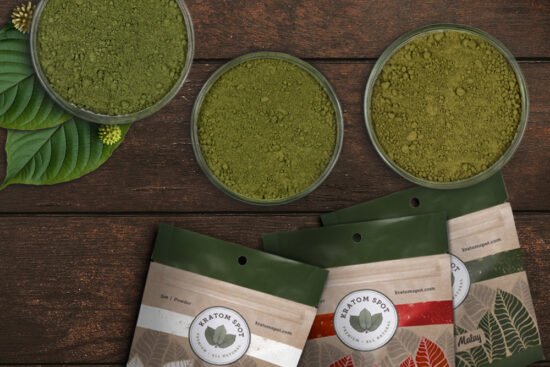
The Key Difference Between Kratom Strains Feb 2025 By: The Kratom Spot Team Different varieties of kratom are known as “strains.” Some of the most popular kratom strains are red, green, and white. But what makes these different strains unique? Which kratom strain is the best for certain effects? Whether you’re a seasoned kratom enthusiast…
 February 23, 2025
February 23, 2025
The Ultimate Guide to Green Kratom Feb 2024 By: The Kratom Spot Team Kermit the Frog may have said, “It’s not easy being green,” but we bet he’d change his mind if he tried green vein kratom! It’s one of the most popular kratom strains. With a smooth balance of all the best kratom effects,…
 February 21, 2025
February 21, 2025
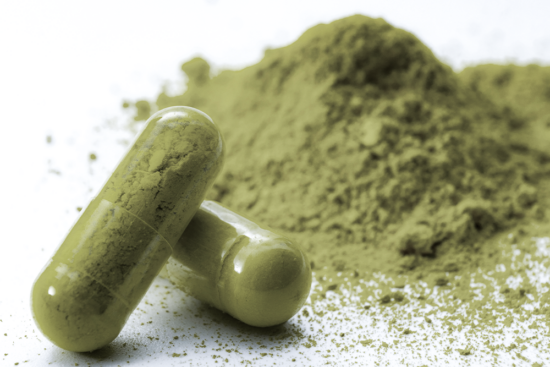
Capsules vs. Powder: Which Kratom Form is Right for You? January 2025 By: The Kratom Spot Team Here’s an ALL-TIME CLASSIC question for new kratom users:Capsules or powder? It’s a good question, but not one that will make or break your experience. After all, choosing between kratom powder and capsules is more like choosing between…
 January 31, 2025
January 31, 2025

Maeng Da Kratom powder enjoys a complicated reputation among Kratom enthusiasts. For many people, Maeng Da is what Kratom should be while others regard it as far too overwhelming. No matter your stance, Maeng Da Kratom has an interesting past that makes it a notable addition to any Kratom enthusiast’s collection! Maeng Da’s Origins Thailand…
 October 10, 2024
October 10, 2024

Guide to Buying Kratom Legally and Safely Online September 2024 By: The Kratom Spot Team Kratom is a powerful plant supplement used by many people to enhance wellness and their day-to-day lives. Also known by its scientific name, Mitragyna speciosa, kratom is made from the leaves of a tree that grows in Southeast Asia. This…
 September 7, 2024
September 7, 2024

Is kratom legal in your area? It’s an important question! The short answer? Probably. Kratom is legal throughout the vast majority of the US, with no pending laws to list it as a controlled substance or otherwise ban it. While this natural supplement remains legal in most areas of the US, kratom is banned in…
 September 6, 2024
September 6, 2024
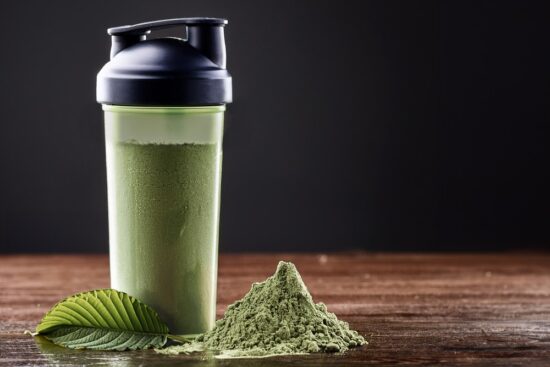
Kratom enthusiasts, gather around! Whether you’re a veteran of the toss-and-wash technique or someone who prefers the subtler approach of capsules, you know that finding the perfect way to enjoy your kratom is an ongoing journey. If you’re looking to shake things up a bit (pun intended!), mixing kratom into liquids can be a game-changer….
 September 3, 2024
September 3, 2024

Planning to take your kratom on the road? Whether you’re headed out on a vacation or a business trip, understanding the regulations around traveling with kratom is essential. This guide will provide you with the necessary information to ensure a hassle-free journey. So buckle up, cuz we’re learning everything you need to know about traveling…
 July 30, 2024
July 30, 2024

Joe Rogan is the arguable king of podcasts. In “The Joe Rogan Experience”, Rogan’s focus is wide-ranging and entertaining, often delving into a wide range of topics, from the mundane to the controversial. One particularly intriguing subject has been his exploration of kratom, the natural botanical we know and love. With his candid and often…
 July 22, 2024
July 22, 2024
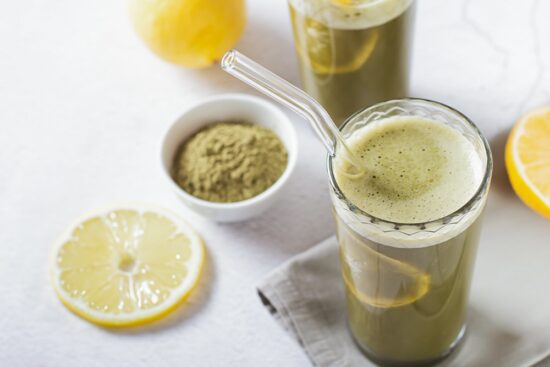
When Summer comes around, it’s time to relax, enjoy life and all it has to offer. And there’s no more refreshing, Summery drink than a glass of ice cold, delicious lemonade! But for the kratom lover, there’s an even more delightful option: kratom lemonade. This tasty beverage brings out all the best from your kratom…
 May 3, 2024
May 3, 2024

Kratom is a powerful tool for health, wellness, and getting the most out of users’ lives. But unfortunately, there are many disreputable vendors out there looking to take advantage of the kratom community. Because these vendors sometimes sell inferior, misleading, or even dangerously adulterated products under the “kratom” label, it’s important that reputable vendors like…
 April 5, 2024
April 5, 2024
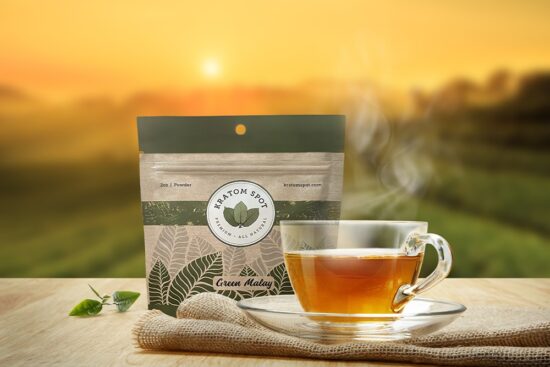
Malaysian Kratom remains one of the most popular types of Kratom on the market. With several Malaysian Kratom strains available, people have the ability to choose which one suits their needs the best so they can fine-tune their research for the desired results. For people new to Kratom, however, understanding exactly what Malay is can…
 February 20, 2024
February 20, 2024
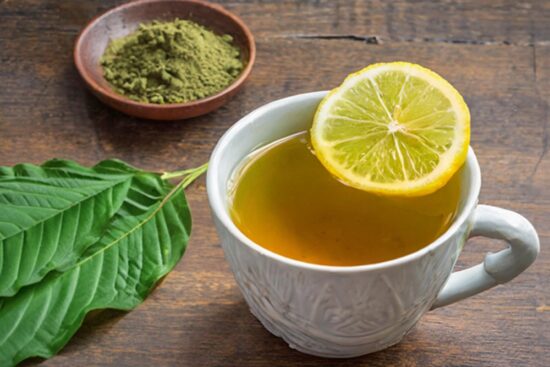
Kratom extracts are hugely popular, extra potent, and the preferred form of kratom for many experienced users. What many don’t realize is just how easy it is to learn how to make kratom extract at home! In this blog, we’ll walk you through how to make kratom extracts at home using two simple methods: a…
 February 12, 2024
February 12, 2024

Different users have different thoughts about how kratom interacts with food. Some say to take kratom on an empty stomach, and some users suggest that it should always be taken when you’re full! Even among the most dedicated kratom users, there’s debate about how long after eating to take kratom. It’s simply not something with…
 January 5, 2024
January 5, 2024

Step into the kitchen for a unique baking experience that merges the benefits of kratom with the delicious home-cooked goodness of your favorite cookies. In this blog, we’ll guide you through the process of creating Kratom Cookies – a delightful blend of flavor and well-being. Whether you’re a seasoned kratom enthusiast or a casual baker,…
 December 28, 2023
December 28, 2023
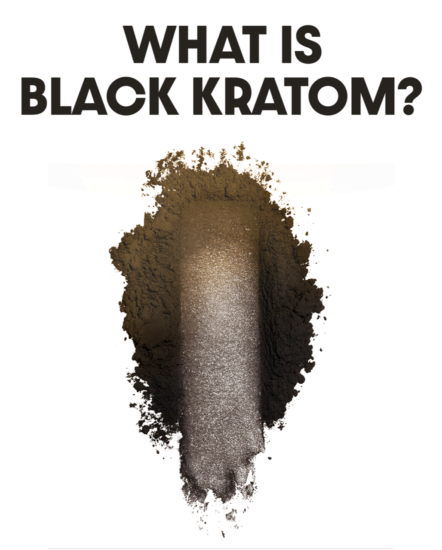
There are a lot of kratom strains out there. And every once in a while, a new one pops up that has even experienced users scratching their heads trying to figure out just what the thing is. Case in point: Black Vein Kratom Black Vein Kratom is certainly one of the rarer strains. Few vendors…
 December 8, 2023
December 8, 2023
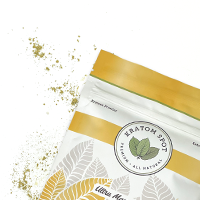
There’s a lot to know about the wide world of kratom — not least of which is what all the different strains mean and how they compare to each other. So Indo vs. Malay kratom: how to these two wildly popular strains compare? What makes them distinct? And which should you choose for your needs?…
 November 9, 2023
November 9, 2023

